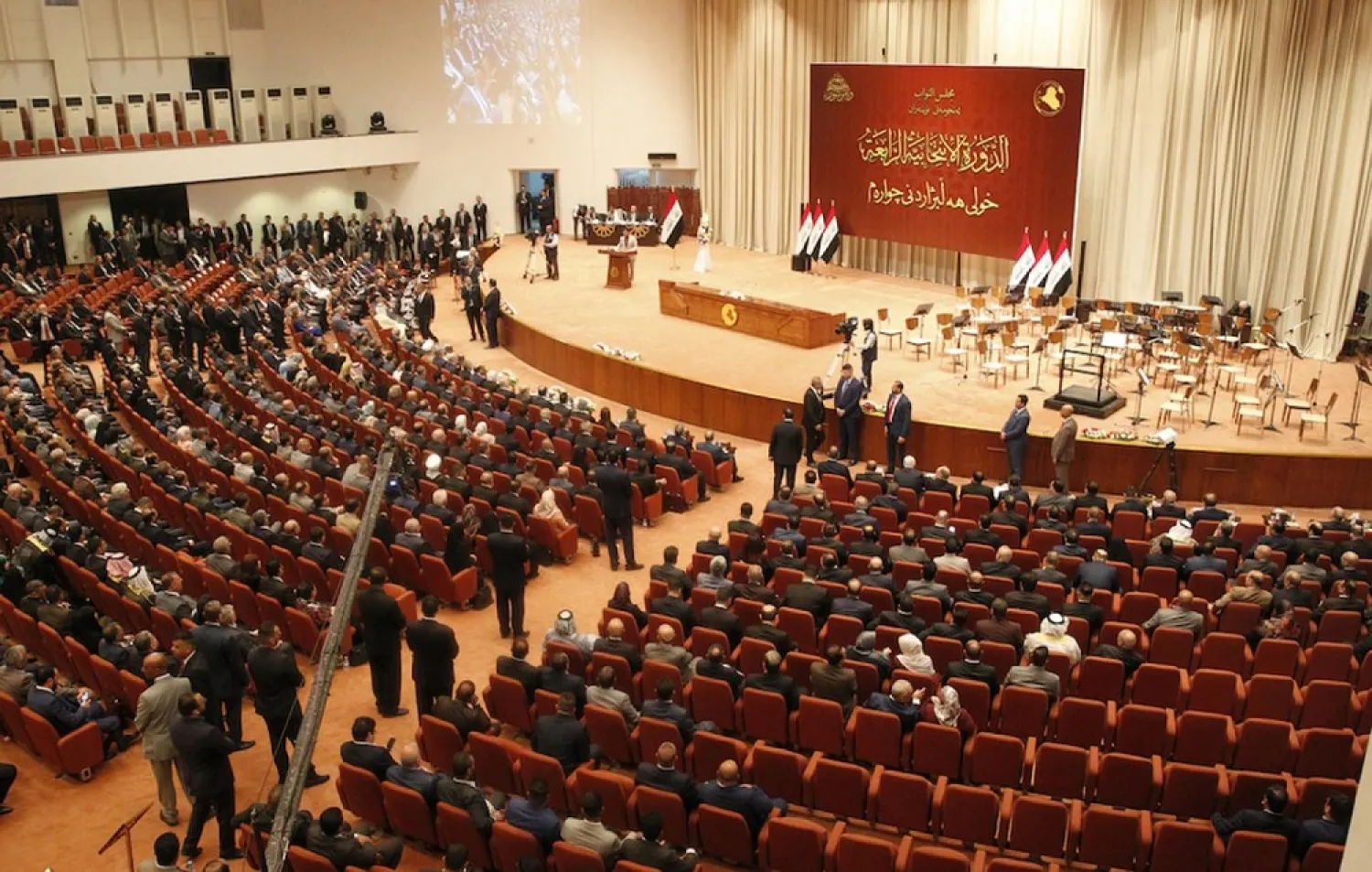Tensions have spiked in Iraq on the eve of a parliamentary session dedicated to elect a new president.
Concerns have mounted that the failure to elect a president for a second time could lead to violence in a country that is sharply divided between rival camps, namely the Shiite Sadrist movement, headed by cleric Moqtada al-Sadr, and the Shiite pro-Iran Coordination Framework.
In a bid to ease the tensions, the Sadrist movement, Kurdish Democratic Party and Sunni Sovereignty alliance announced the formation of the "Nation's Salvation" alliance.
Former Prime Minister Haidar al-Abadi, a member of the Framework, congratulated Sadr, KDP chief Masoud Barzani and parliament Speaker Mohammed al-Halbousi on the formation of the alliance.
Other members of the Framework adopted a different tone. The media was flooded with warnings and threats by the remaining members of the Framework and its armed factions against the alliance should it go ahead with the election on Saturday and the nomination of its candidate, the Kurdistan Region’s Interior Minister Reber Ahmed.
No sooner was the Salvation alliance announced, that the Framework dismissed its ability in securing the needed quorum of two-thirds of lawmakers to hold the elections.
Head of the Asa'ib Ahl al-Haq Qais Khazali insisted that the Framework had the "blocking third" power in parliament that could obstruct its decisions.
Abou Ali al-Askari, a figure close to the Kataeb Hizballah, launched a scathing attack against Halbousi, whom he described as a "clown". He warned him against approving the "separatist" candidate, a reference to Ahmed.
In a tweet on Thursday, he called on the Popular Mobilization Forces (PMF) and "resistance" factions in western Iraq to "redeploy accordingly to confront the threats."
The members of the Framework believe the Salvation alliance to be a new "gimmick" in Iraqi politics aimed at marginalizing Shiites, who make up the majority of the population, and depriving them of naming the prime minister, the country's top executive post.
Former Prime Minister Nouri al-Maliki criticized the Salvation alliance. He said the norm in Iraq was for the president to be Kurdish, parliament speaker to be Sunni and the premier Shiite. The prime minister would be named by the largest parliamentary bloc.
This time around, however, "our partners formed alliances with the Kurds and Sunnis," he noted.
Sadr and his supporters believe that such an alliance will help rid the country of sectarian squabbling over power and state positions.









